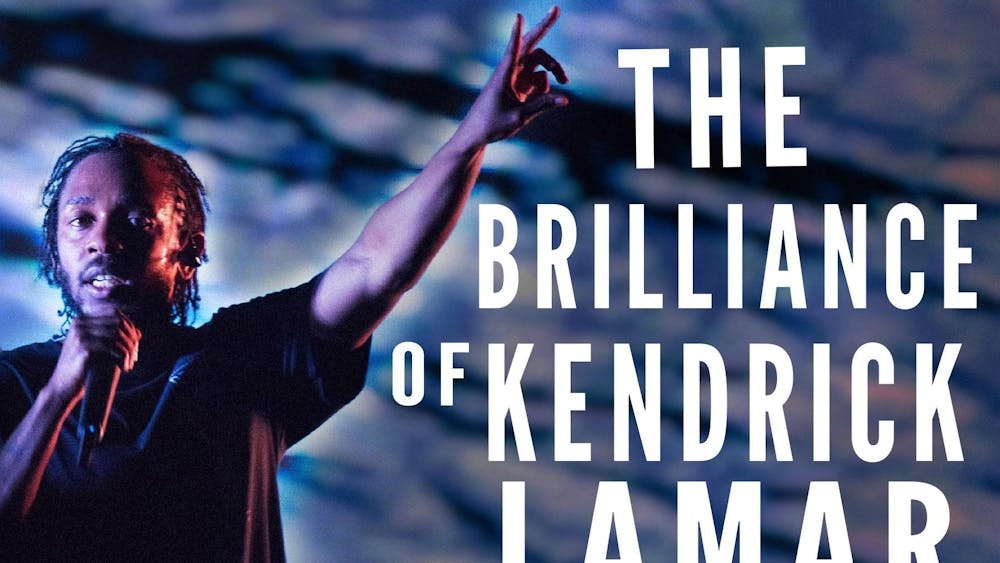
In an interview with Yahoo! Music, Taylor Swift herself makes an interesting case for removing her songs from Spotify, claiming that she is “not willing to contribute my life’s work to an experiment that I don’t feel fairly compensates the writers, producers, artists and creators of this music. And I just don’t agree with perpetuating the perception that music has no value and should be free.”
Big Machine Records Group President and CEO Scott Borchetta also had some things to say about streaming services and their impact on fans. “We never want to embarrass a fan,” he said, in a radio interview with Motley Crue’s Nikki Six. “If this fan went and purchased the record, CD, iTunes, wherever and then their friends go, 'Why did you pay for it? It's free on Spotify,' we're being completely disrespectful to that superfan."
These claims make some sense when viewed in isolation, but in the context of the current state of the music industry these arguments come off as absurd and illogical.
Striking, first of all, is Mr. Borchetta’s apparent misunderstanding of how Spotify works. Spotify allows for the unlimited streaming of songs, but not for the actual ownership of music in the same way that purchasing an album in CD, record or digital download format does. Furthermore, Spotify isn’t exactly free. Spotify has a free format, but that is coupled with advertisements every four or five songs and limited options for playing music on mobile devices.
The actual unlimited service charges $10 a month, or $5 for students. $60 or $120 spent on music a year is no laughing matter. According to a 2013 article from Billboard, the average iTunes user, the people Taylor Swift and her label are targeting now, only spends $12 on music per year. Of course, the median is probably much higher since there are a number of accounts that, for whatever reason, spend no money whatsoever, but the point still stands that the Spotify user base is spending a fair amount on music every year.
Unfortunately, artists like Taylor Swift are not satisfied with this revenue from Spotify, as rights holders make between $0.006 and $0.0084 per stream. While Spotify may not monetarily compensate Taylor Swift and other artists to the extent they demand, it is certainly doing its fair job, since about 70 percent of its revenue goes to rights holders, according to a report from Spotify.
Spotify does more for artists than just compensate them monetarily, however; it exposes them to an audience of 40 million and growing listeners. This is a huge opportunity that Ms. Swift is absolutely ignoring.
To an extent, the decision to remove her music from Spotify and not from other services is somewhat hypocritical. When songs hit #1 on the radio or break 100 million views on video streaming websites like Youtube, artists view this as a badge of honor. According to a New York Times article from February of this year, a video only makes about $2000 for a million views BEFORE Youtube takes 45 percent of the cut. But when songs like “Shake it Off” are played 40 million times on Spotify, artists cry that the compensation is not just.
Taylor wrote about the future of music in the Wall Street Journal earlier this year. In that op-ed, she claims that “It's my opinion that music should not be free, and my prediction is that individual artists and their labels will someday decide what an album's price point is. I hope they don't underestimate themselves or undervalue their art.”
Statements like this about the future make me think that Ms. Swift does not have a good grasp on where the music industry is right now. The ability to provide a record for free does not necessarily devalue it, as Taylor Swift would say. A number of prominent artists have released their music for free this year, including U2 (somewhat unsuccessfully) and Run the Jewels (very successfully). By doing this, these artists are focusing more on the inherent value of the album and the potential for it to create new fans by breaking down monetary barriers and sharing their art with everyone.
While Taylor may manage to sell close to 1.3 million records in her first week and have the best first-week sales since Eminem’s 2002 album "The Eminem Show," everyone else is hurting, sales wise. “1989” is the only album from this year so far to reach platinum status, and it’s already November. By the beginning of October last year, five albums had made platinum status. iTunes sales are also down, according to the WSJ, between 13 and 14 percent since 2013.
Streaming (obviously) and record sales (surprisingly) are the only markets right now where sales are actually increasing. The resurgence of record sales can be explained by the desire for a better listening experience, while the increase in streaming sales is most likely happening because streaming is simply the most convenient way to listen to music. No longer do listeners have to worry about whether their iPods have enough space for their songs or if the music is properly synced between all devices because streaming allows anyone to listen to music anytime, anywhere, with any device.
Taylor Swift, then, has given up the possibility of introducing herself to new legions of zealous, lifelong fans and markets who would attend her shows, buy her merchandise and support her in many other ways, in favor of short term gains in a market that has become irrelevant. By restricting the platforms that she exposes herself to, Taylor Swift fails to embrace an opportunity for the growth of her fanbase. Streaming is the future of the music, and it’s already here. Artists like Taylor Swift should come out of the woods and embrace the potential streaming has for them, or risk never ever ever getting together with new fans.













